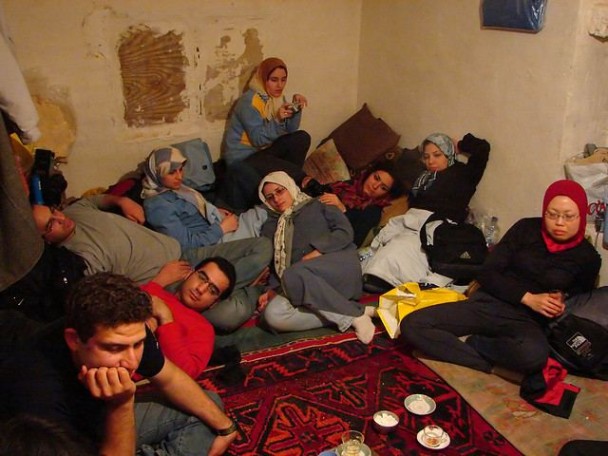Table of Contents
A Reputation Score as a Ranking Signal?
One of the things I was hoping to see with Google’s Social Network, Google+, was Google using reputation scores to rank content from users of the social network system. In the past, I wrote about Google’s Agent Rank, which was originally introduced in a patent application from Google back in 2007. People have been discussing Agent Rank under names such as Author Rank, in many places since, including at Google+. Sadly, the authorship markup that was behind Agent Rank was discontinued.
I was surprised by a recently granted Google patent that tells us that it aims to help people find more trustworthiness from other members of social networks with reputation scores. It describes a reputation score for use in a social network. It is not the Agent Rank I wrote about years ago and has several different elements, including details of how machine learning might be used to calculate reputation scores, which would primarily be based upon information collected about their online interactions with others. It also refers to a social bonus that might be added to such a reputation score.
Related Content:
- Online Reputation Management
- Online Reviews Management
- Search Suppression Services
- Yelp Review Management
The closest I’d seen Google come in the past to describe in detail such reputation scores for online users were in a patent I covered in the post, How Google Might Rank User Generated Web Content in Google + and Other Social Networks. It described how content people might contribute to an online network, and their responses to content submitted by others might be used to better understand topics they are interested in.
In that patent, we were treated to a description of how Google might attempt to understand what things a person might be interested in and have expertise within topic-wise, in their interactions on a social network, such as the things they posted and shared, and their comments in response to other people.
This new patent tells us that Google may look at user activities from certain data sources, classifying those, generating a base score for each category of user interactions to determine a reputation score for the user. This category approach is good – it can help identify things it feels these social network users might be experts in.
This scoring process may also consider other user activities including data it refers to as training data that identifies user activities associated with a trustworthy user and user activities associated with an untrustworthy user, to generate a machine learning result based at least in part on the user activities to determining a second reputation score for the user based at least in part on the learning result.
These reputation scores may also be influenced by a social bonus score that would be based at least in part on social affinity data between the first user and other users in the social network. This social bonus score could look at activity data involving other users’ reactions to user interactions created by the first user.
The patent is:
Generating a reputation score based on user interactions
Inventors:Brandon Bilinski, Alexander Collins
Assigned to: Google
US Patent 8,793,255
Granted July 29, 2014
Filed: October 15, 2012
Abstract
A system and method for generating a reputation score are disclosed. A processing unit processes user activity data from data sources to identify user interactions associated with a user. A categorizing engine categorizes the user interactions into categories. A social bonus engine determines a social bonus score based on social affinity data. A scoring engine computes a first reputation score for the user by combining scores for the categorized user interactions with a social bonus score. A learning engine receives a second set of user interactions and training data and generates a learning result that is used to update the first reputation score.
User Activity Data
The patent tells us that it would track user activity data about users who opt-in to having data collected across a range of data sources.
- Search (This sounds like what Google tracks of search history data, to personalize search results for searchers based upon things they are interested in.
- Entertainment (Again, information that Google might track regarding what people search for and possibly browse, and maybe even subscribe to on the web.
- Social activity (How do people interact with others, and on what kinds of topics, with microblogs, forums, social networks
- Activity on third-party sites (This could include shopping sites and review sites, places where ratings could be left, and more
Take-Aways
The patent does provide a considerable amount of details about how it might calculate a reputation score for individuals and some on how a machine learning process might fit into that. I don’t know if this is Google’s second bite at a reputation score like Agent Rank, but it could be.
It does look like this reputation score could influence how content from people you are connected to may rank in logged-in searchers, much like I’ve written about recently in Is An Improved Version Of Agent Rank Returning To Google?
Google knowing something about the people who create content, and ranking that content based upon reputation scores for those people sounds like it could be an improvement upon a link-analysis based ranking approach such as PageRank because it would possibly be less likely to be spammed.
Is this return of Author Rank? It might be. Hopefully, it will stick around longer.
Search News Straight To Your Inbox
*Required
Join thousands of marketers to get the best search news in under 5 minutes. Get resources, tips and more with The Splash newsletter:
